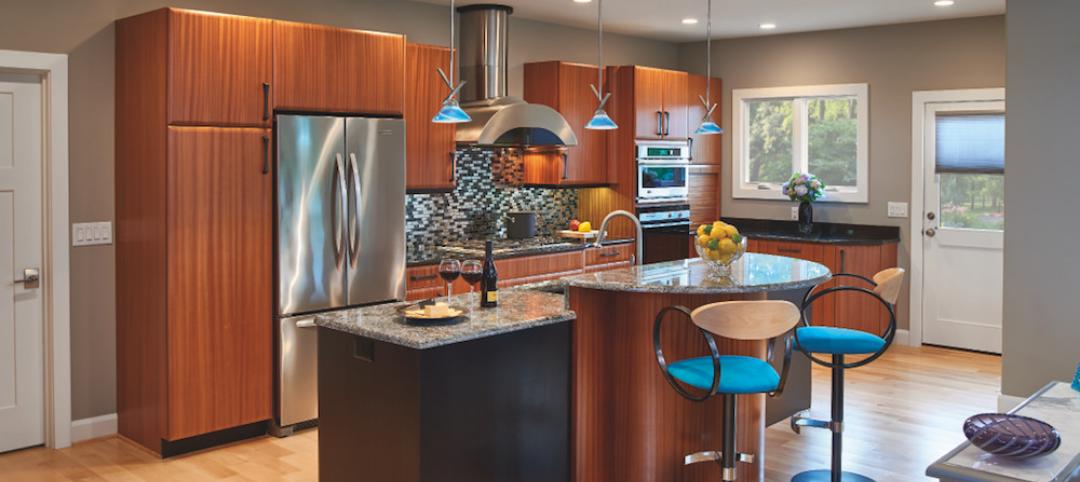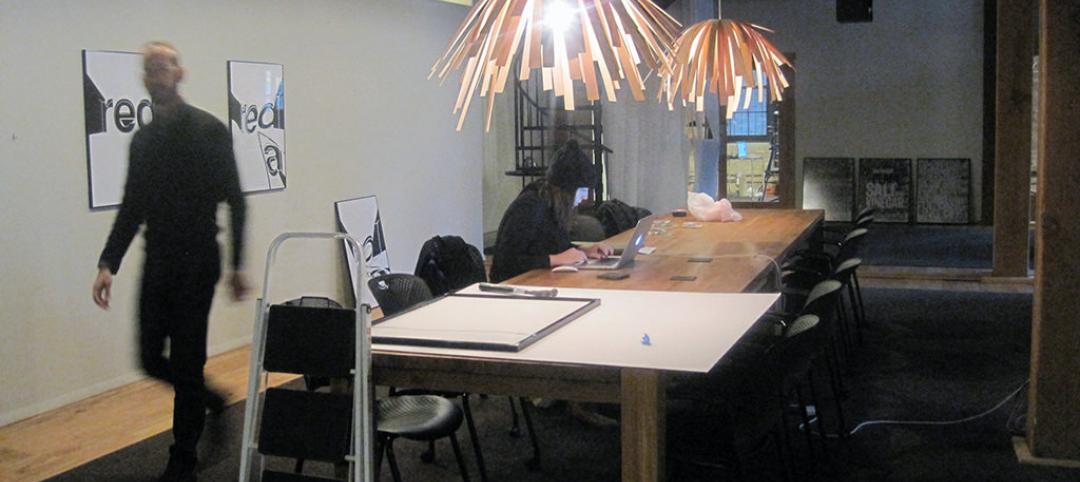A study released today by the Beacon Hill Institute found that Ohio schools built under government-mandated project labor agreements (PLAs) cost 13.12 percent more than schools that were bid and constructed through fair and open competition, free from PLA requirements. The study looked at 88 schools built in Ohio since 2000 and found that those built under a PLA mandate cost $23.12 more per square foot than projects built without PLA mandates.
“The study released today by the Beacon Hill Institute corroborates past academic research that shows that anti-competitive government-mandated PLAs prevent taxpayers from getting the best return on their investment,” said ABC Vice President of Regulatory, Labor and State Affairs Ben Brubeck. “All taxpayers deserve efficient, accountable and effective construction spending and investment in schools and infrastructure free from special-interest handouts that discourage competition from qualified, local workers and contractors.”
“Associated Builders and Contractors encourages Ohio lawmakers to join the 23 pro-taxpayer states that have passed measures that ensure government neutrality toward PLAs,” said Brubeck. “Additionally, ABC encourages President Trump to rescind President Obama’s Executive Order 13502, which promotes costly PLA mandates on federal and federally assisted construction projects, and replace it with a common-sense policy that would guarantee fair and open competition from America’s best construction companies and create opportunities for America’s entire skilled construction workforce as Washington considers a federal infrastructure plan.”
The full study, Project Labor Agreements and the Cost of School Construction in Ohio, is available on the Beacon Hill Institute's website.
Related Stories
Industry Research | Feb 8, 2016
Changing of the guard: Big cities giving way to newer, less expensive offerings
U-Haul truck rental costs are a good early predictor of migration trends in the U.S.
Multifamily Housing | Feb 2, 2016
10 top bathroom design trends for 2016
Floating vanities, tricked-out showers, and freestanding tubs highlight the top bathroom design trends, according to a survey of kitchen and bath design professionals by the National Kitchen and Bath Association.
Multifamily Housing | Feb 1, 2016
Top 10 kitchen design trends for 2016
Charging stations, built-in coffeemakers, and pet stations—these are among the top kitchen design trends for the coming year, according to a new survey of kitchen and bath designers by the National Kitchen & Bath Association.
Market Data | Jan 20, 2016
Architecture Billings Index ends year on positive note
While volatility persists, architecture firms reported healthy performance for 2015.
Industry Research | Dec 23, 2015
Meet the world’s next great construction superpower
There’s a new world construction hotbed coming down the pike (more specifically, the Mumbai Nashik Expressway), and it could mean a major boon for AEC firms.
Industry Research | Dec 21, 2015
Experts predict commercial real estate trends for 2016
Midwest Experts Predict Commercial Real Estate Trends for 2016, according to real estate communications firm TaylorJohnson.
Industry Research | Dec 17, 2015
The 2016 commercial construction market: A contractor’s view
The CFO of Tocci Building Companies forecasts the outlook for commercial and institutional construction in 2016.
Office Buildings | Dec 9, 2015
HOK collaborates with IFMA on new workplace strategy research report
Report cites work-life balance as the top reason for implementing “distributed work” strategies.
Industry Research | Dec 8, 2015
AEC leaders say the 'talent wars' are heating up: BD+C exclusive survey
A new survey from Building Design+Construction shows that U.S. architecture, engineering, and construction firms are being stymied by the shortage of experienced design and construction professionals and project managers.
Market Data | Dec 7, 2015
2016 forecast: Continued growth expected for the construction industry
ABC forecasts growth in nonresidential construction spending of 7.4% in 2016 along with growth in employment and backlog.















